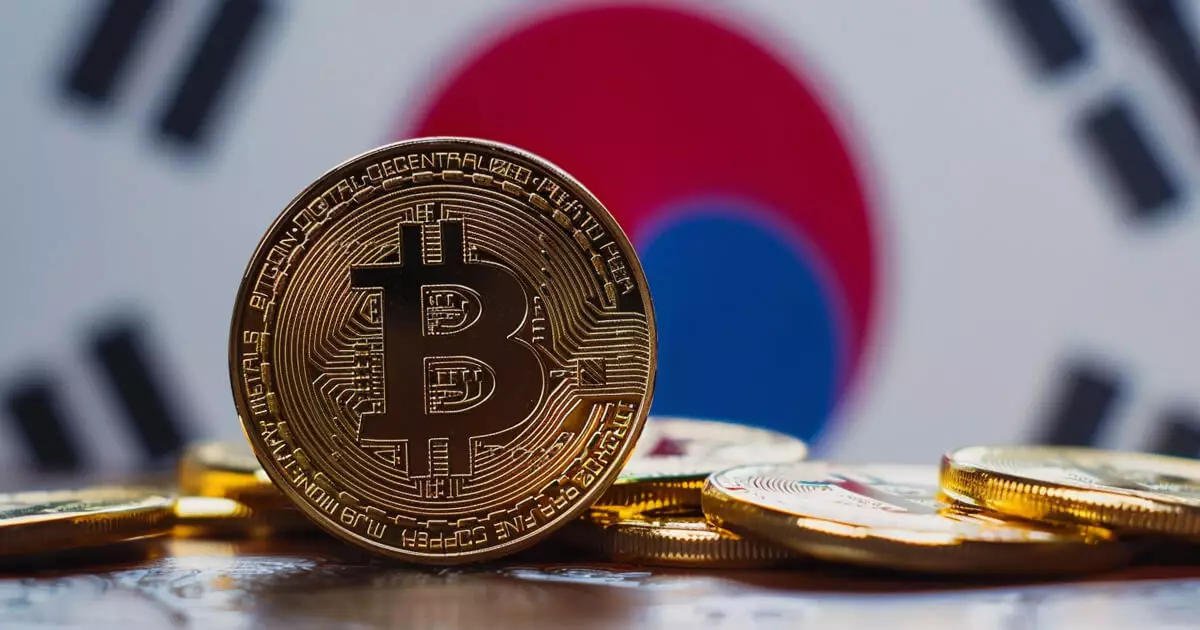On October 10, 2023, the Financial Services Commission (FSC) of South Korea made a significant announcement that is poised to reshape the regulatory landscape for cryptocurrencies in the nation. The establishment of a Virtual Asset Committee marks a pivotal moment in how South Korea attempts to govern and guide the burgeoning digital asset market. Tasked with evaluating the introduction of spot crypto exchange-traded funds (ETFs), this committee signals the nation’s commitment to integrating cryptocurrencies into its financial framework, albeit with caution.
The newly formed committee will be led by Soyoung Kim, the Vice Chairman of the FSC, and will comprise members from various governmental departments along with nine private sector representatives. This multi-faceted approach aims to strike a balance between expert oversight and pragmatic industry engagement. By including private sector voices, the FSC not only promotes transparency but also fosters a collaborative environment where regulatory measures can be crafted with industry realities in mind.
The committee’s primary mission extends beyond just evaluating ETFs; it will also tackle broader issues within the South Korean crypto ecosystem, notably the contentious subject of corporate account authorization. Currently, the Capital Markets Act prohibits the issuance of Bitcoin ETFs and limits corporate accounts due to concerns surrounding money laundering activities. This restrictive environment has left many in the industry yearning for more favorable regulations that can boost innovation without compromising consumer protection.
Accompanying the establishment of the Virtual Asset Committee, the FSC has introduced the Digital Asset User Protection Foundation, a non-profit aimed at aiding users in reclaiming their assets from defunct service providers. This initiative underscores the FSC’s dual approach: fostering the cryptocurrency market’s growth while simultaneously ensuring that consumer safety is paramount.
Chairman Kim Byung-hwan’s recent address to the National Assembly further solidified the FSC’s determination to institute a robust monitoring framework as legislation protecting virtual asset users comes into effect. Enhanced scrutiny mechanisms are vital, especially as the authority seeks to identify and mitigate vulnerabilities in trading systems that may facilitate unfair trading practices.
Observers are particularly interested in how these developments may affect the notorious ‘Kimchi premium’—the phenomenon where cryptocurrency prices in South Korea soar above international rates. Expert insights from CryptoQuant’s CEO, Ki Young Ju, suggest that the approval of a spot Bitcoin ETF could effectively level the playing field, allowing for arbitrage opportunities that may stabilize pricing across countries.
The Kimchi premium acts as a barometer reflecting local demand versus global cryptocurrency dynamics, often fluctuating with market sentiment and regulatory changes. As South Korea navigates these changes, traders and investors will be watching closely to see how the regulatory environment impacts this premium and the broader market.
South Korea’s establishment of a Virtual Asset Committee is a promising step towards a more regulated and transparent cryptocurrency environment. This initiative not only addresses pressing industry challenges but also opens up possibilities for enhanced consumer protection and international competitiveness in the crypto market. The journey ahead will require careful navigation, as stakeholders from various sectors work together to shape a resilient digital asset ecosystem.

